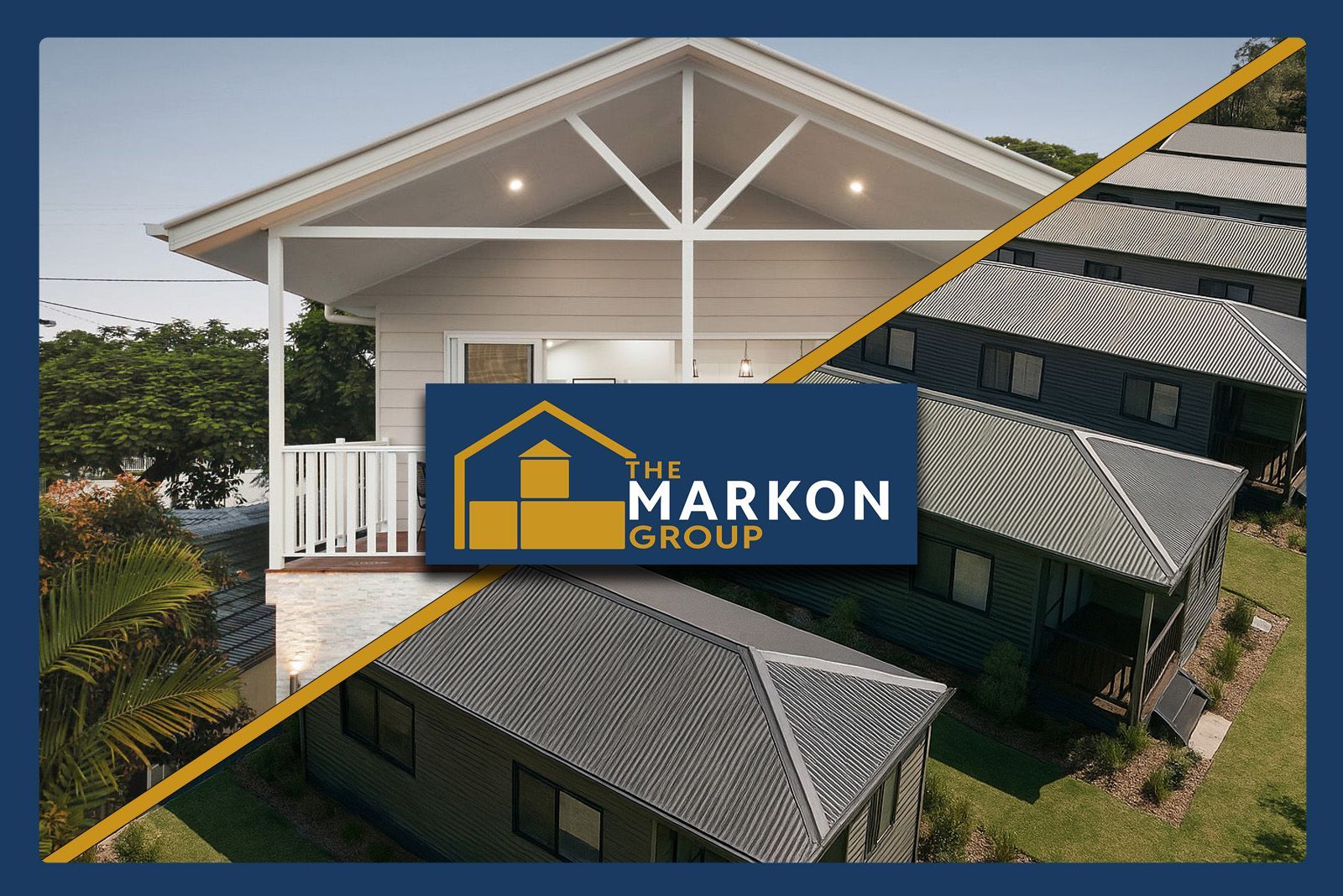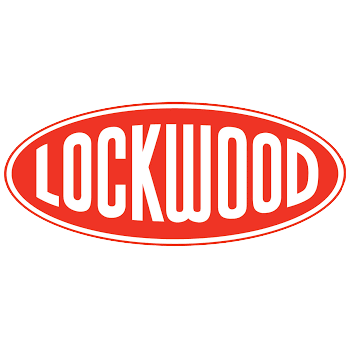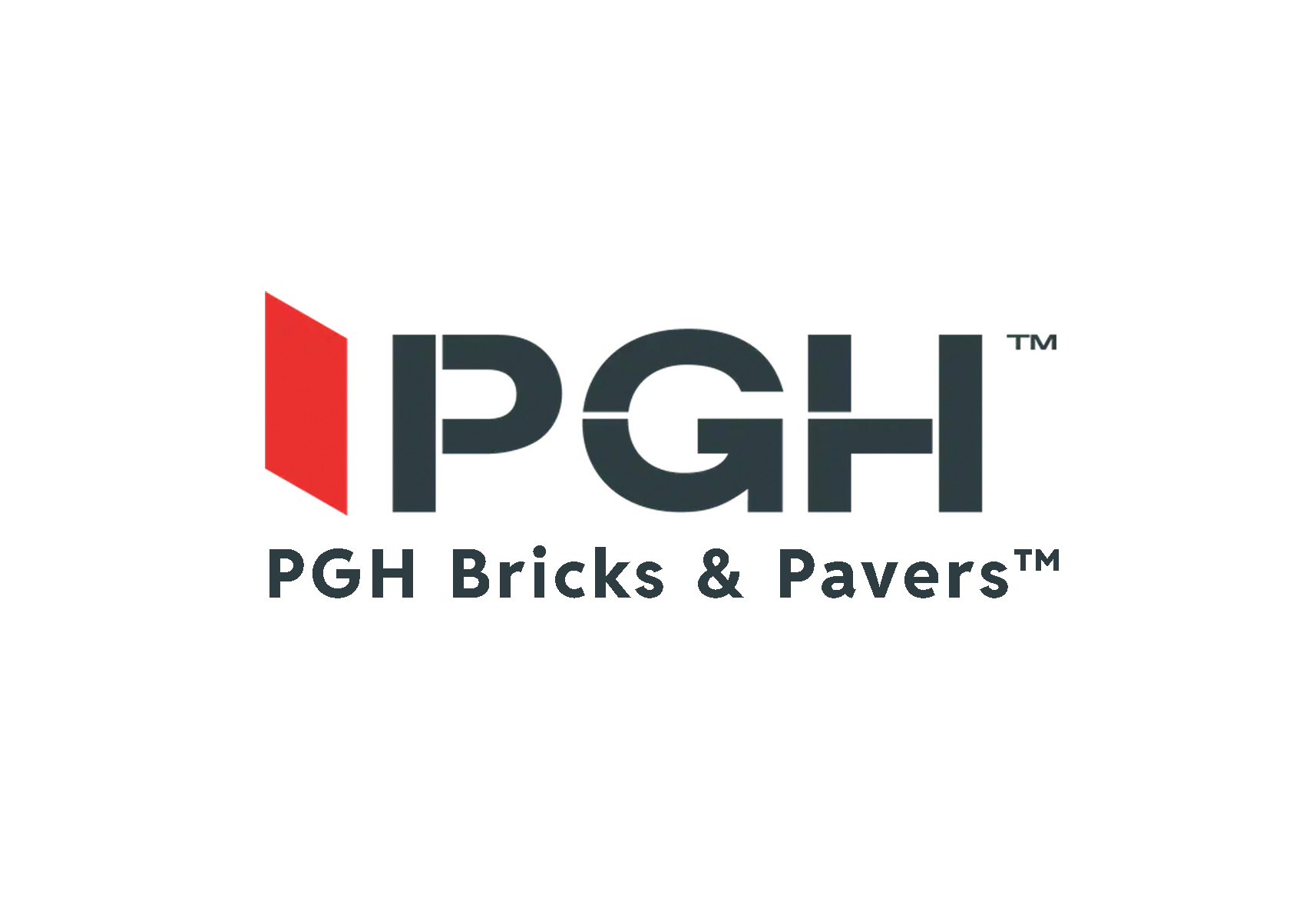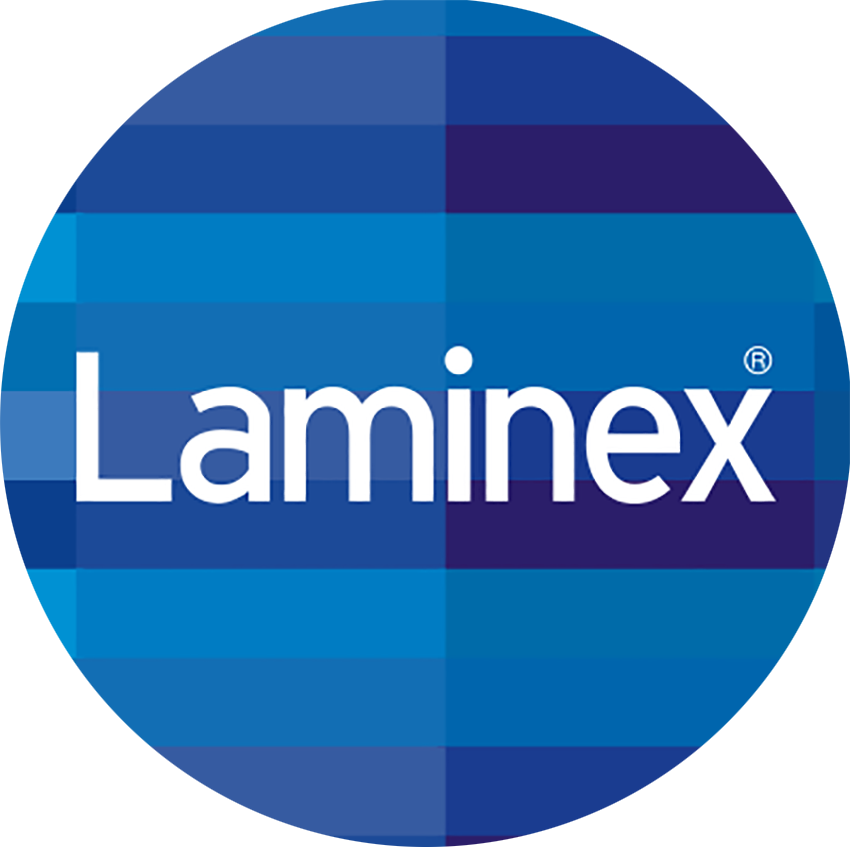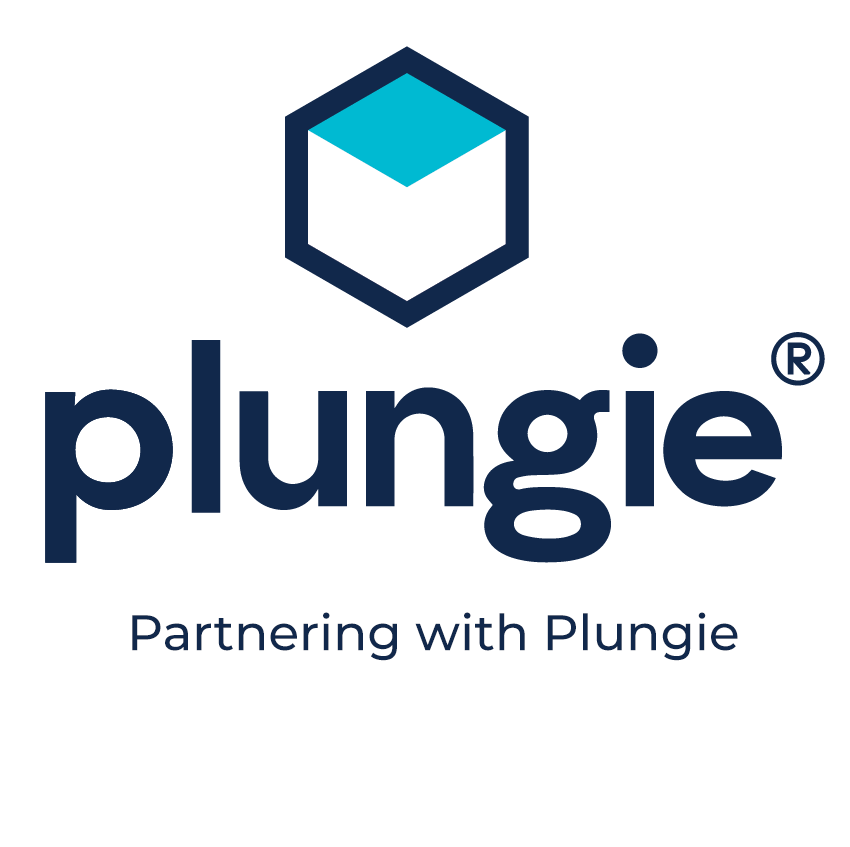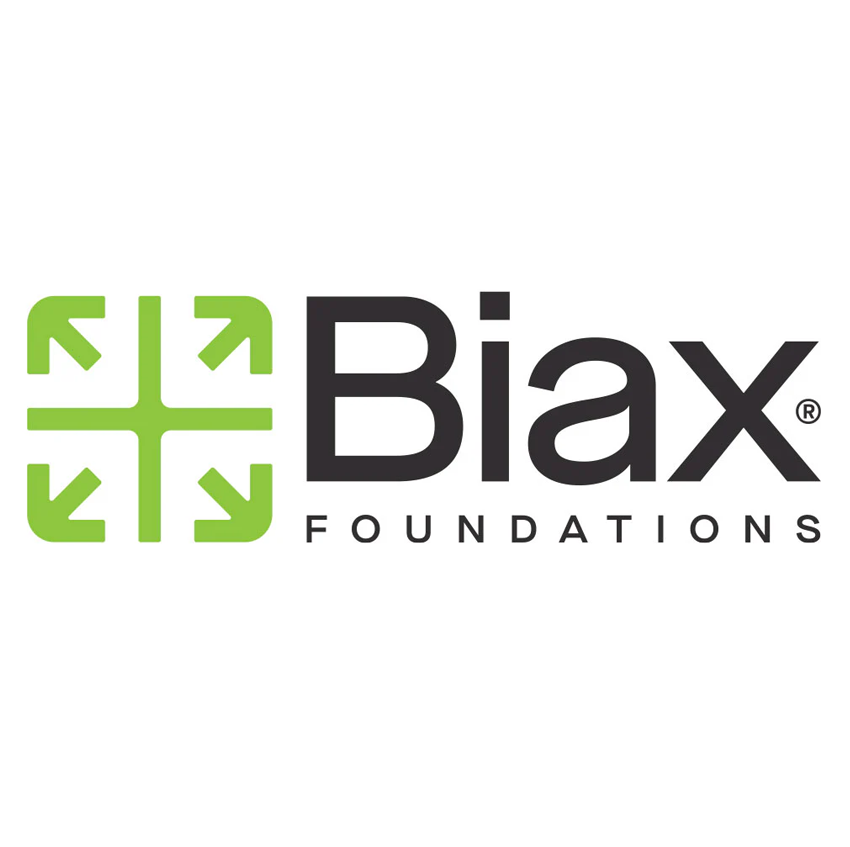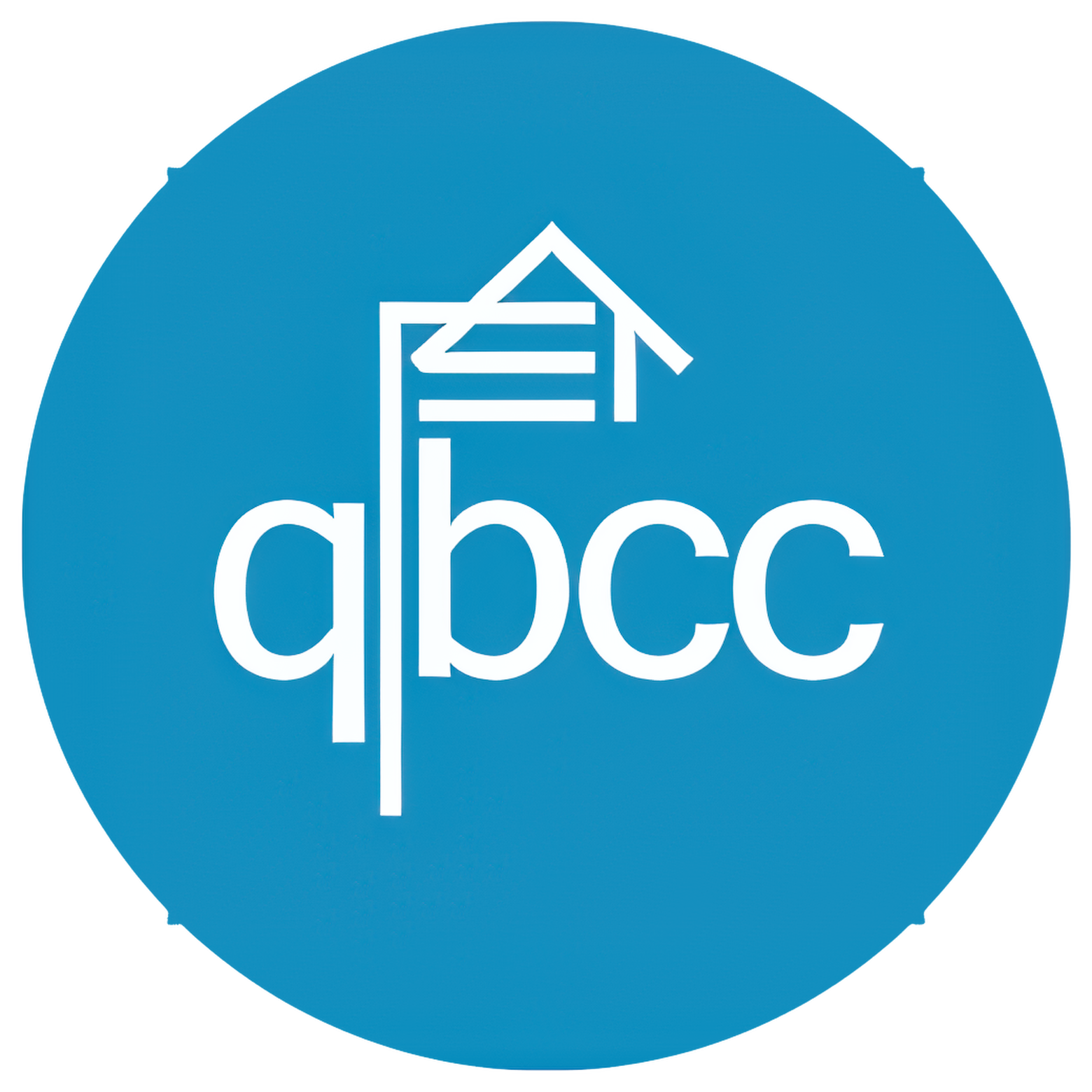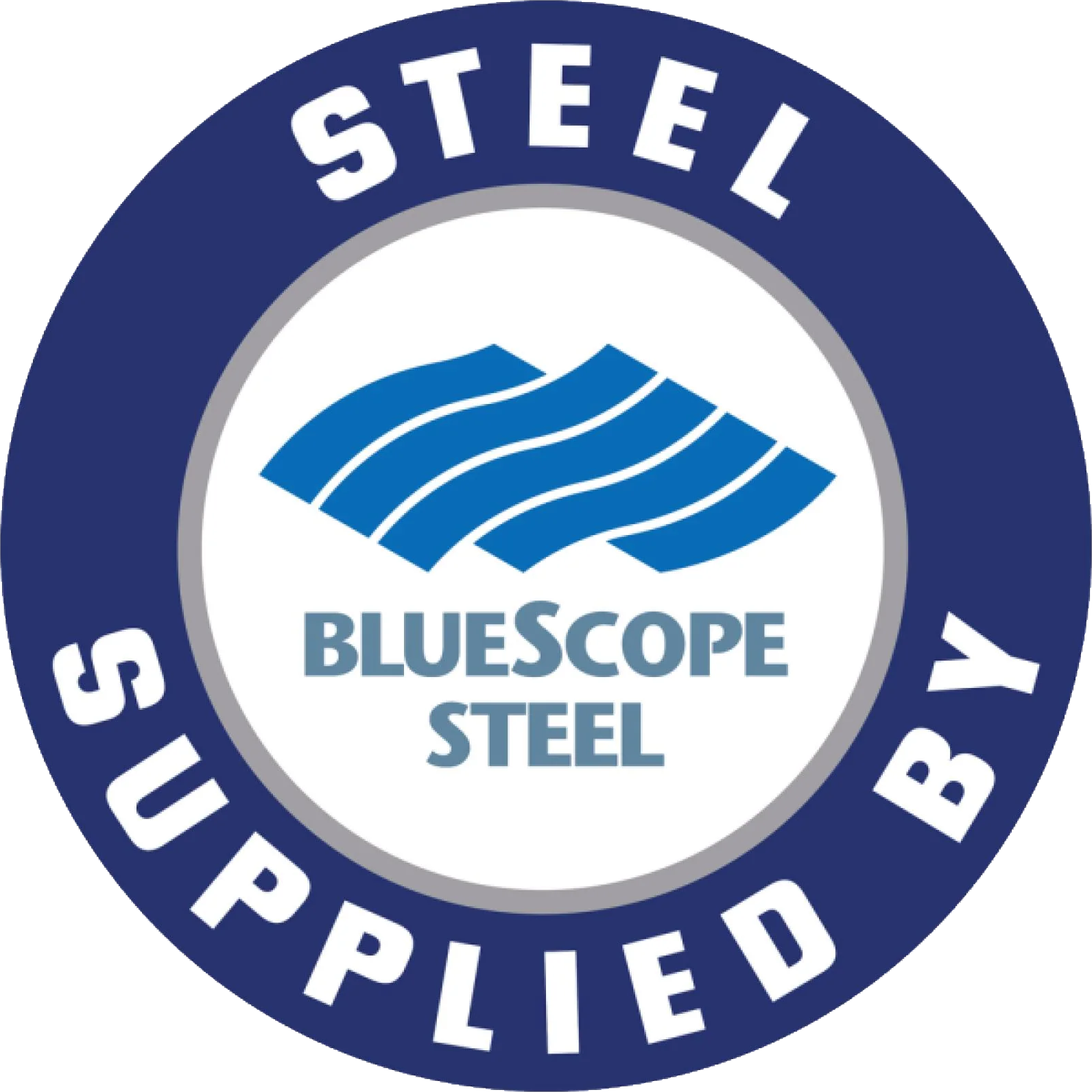An in-depth report into Modular Homes and the Australian Housing Crisis
Find out more about modular housing solutions
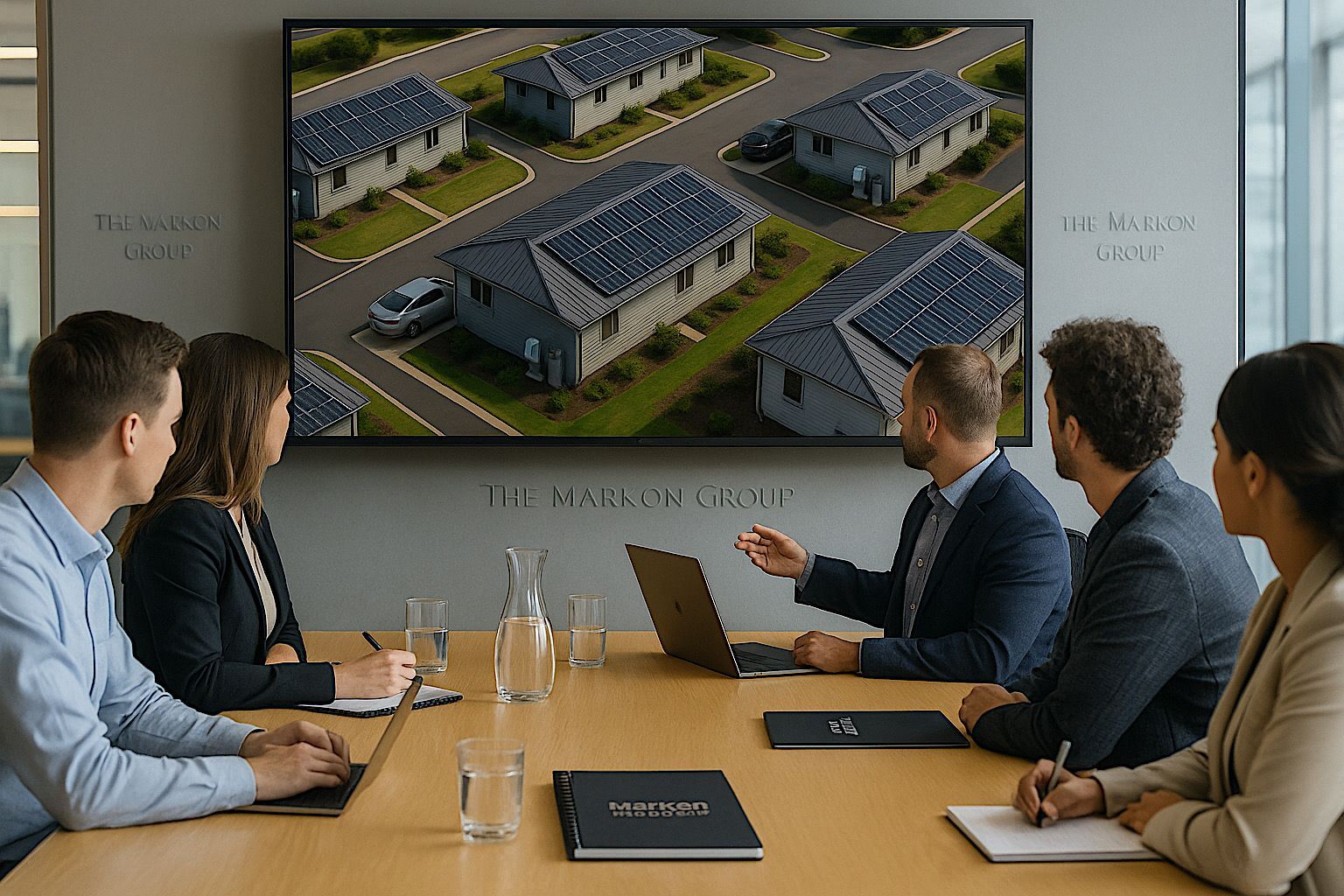
The Strategic Benefits of Modular Prefabricated Housing in Addressing Australia’s Remote and Regional Housing Crisis
Introduction
Australia’s remote and regional communities are facing an acute housing crisis, with shortages of quality homes impacting Indigenous communities, resource towns, and rural workforce hubs. Traditional construction is often too slow, expensive, and logistically challenging to meet the urgent demand. Modular homes in Australia are emerging as a strategic solution – offering fast, sustainable, and scalable remote housing solutions. At The Markon Group, we are a socially responsible housing provider passionate about helping solve this crisis by designing and installing high-quality prefabricated housing. Our modular homes are built off-site in a controlled factory environment and then transported for quick assembly on location. This approach accelerates delivery while maintaining rigorous quality standards. In this article, we explore five key areas where modular prefabricated housing delivers transformative benefits: from supporting remote Indigenous communities with culturally appropriate homes to providing rapid workforce accommodation, empowering councils and governments, speeding up delivery, and creating local jobs. Throughout, we’ll highlight how Markon Modular’s approach aligns with these strategic advantages in addressing Australia’s housing needs.
1. Supporting Remote Indigenous Communities with Culturally Appropriate Homes
Remote Aboriginal and Torres Strait Islander communities often endure chronic overcrowding and aging housing infrastructure. Modular prefabricated housing provides prefabricated housing for Indigenous communities that is culturally appropriate, fast to deploy, and scalable to meet these urgent needs. One major benefit is dramatically reduced on-site construction time, which minimizes disruption to community life. Homes are largely built in the factory and then delivered to the community for installation – cutting the overall build timeline by 40–60% compared to traditional methods. In fact, the Northern Territory government found that its prefabricated homes program could finish houses quicker than conventional local builds, allowing families to move out of overcrowded conditions sooner.
Cultural design and community involvement: Modern modular designs can be tailored to reflect cultural preferences and lifestyle. For example, a recent prototype home co-designed with an Indigenous council incorporated culturally responsive design elements like sloped ceilings for tropical ventilation, large family rooms, and outdoor areas for cooking and washing – features aligned with community-focused living. By working closely with Indigenous leaders, Markon ensures our modular homes are not “one-size-fits-all” boxes, but homes that respect local customs and climate (e.g. adding verandahs, outdoor kitchens, or separate spaces for men’s and women’s activities). Just as importantly, we involve local Indigenous workers in the process whenever possible – from site preparation to assisting the certified builders during installation. This inclusive approach means the community has a hand in building their homes, creating a sense of ownership and providing employment and training opportunities on each project. By using modular housing solutions that arrive largely complete, we shorten on-site work to just a couple of weeks, limiting the influx of outside contractors and reducing disturbances to community life. The result is culturally appropriate housing delivered faster and with less fuss: a win-win that addresses immediate needs while empowering the community.
2. Rapid Workforce Accommodation in Regional Australia
In regional Australia, booming industries – from mining and agriculture to large-scale renewable energy projects – are often constrained by a lack of local housing for workers. It’s difficult to attract and retain skilled employees in a country town if there’s nowhere comfortable to live. Modular prefabricated housing offers an ideal regional workforce accommodation strategy by delivering high-quality, code-compliant homes quickly wherever they’re needed. At Markon Modular, we provide workforce housing solutions that can be deployed in sync with industry expansion, ensuring that recruitment, retention, and even roster scheduling aren’t hampered by housing shortages. As we like to say, having homes near the job site “changes everything” for recruitment and retention – employees are far more willing to relocate or stay long-term when modern accommodation is readily available.
Fast, flexible and comfortable: Prefab workforce villages can be set up within weeks, not months, aligning with hiring waves or project kick-offs. Entire modular duplexes, studios, or small housing communities can be shipped in components and assembled rapidly to support a new mine, farm, or solar farm. This rapid deployment was proven during the pandemic, when off-site construction allowed building to continue despite travel restrictions. Because modules are built in a factory, they aren’t delayed by on-site issues like weather; builders can work in parallel on the housing while site works are prepared, compressing timelines dramatically. One expert notes that a great benefit of modular construction is speed – factories aren’t stopped by rain and can operate longer hours, meaning houses are completed much faster than on-site builds. Yet speed doesn’t mean sacrificing quality or comfort. Our modular homes are engineered to meet all Australian Building Code requirements and come with quality finishes, insulation, and amenities to ensure workers feel at home. Today’s modular housing can achieve cost and time efficiencies without compromising on design, durability or aesthetics. This is a key point – modern prefab housing is a world away from the old “donga” style mining camp. Instead, workers get comfortable, fully equipped homes or apartments that can include features like private bathrooms, kitchens, and even solar power systems.
Relocatable and scalable: Another advantage for industries is the flexibility of modular units. They are essentially assets that can be relocated or reconfigured as needs change. If a project is temporary or moves location, the modular dwellings can be picked up and transported to the next site or repurposed elsewhere, protecting the investment. Markon Modular designs workforce accommodations that are not only quick to install but also (when required) easy to dismantle and move. This portability prevents the creation of “ghost towns” full of empty houses once a boom subsides. Furthermore, modular layouts are highly flexible – we can configure housing to suit the workforce size and lifestyle, whether that’s a small cluster of studio units for seasonal farm workers or a larger village with duplexes for long-term mining staff. By deploying rapid-build accommodation that is attractive and livable, regional employers can more effectively attract and retain skilled workers, boosting local economies in the process.
3. Empowering Local Councils and State Governments with Modular Estates
Local councils and state governments are under immense pressure to deliver affordable housing, especially in regional areas and fast-growing communities. Modular construction offers them a way to install homes quickly and affordably on government-owned or council-owned land, bypassing many traditional hurdles. At The Markon Group, we partner with councils and state agencies to provide turnkey modular estates that can dramatically increase housing stock in a short timeframe. One of the biggest strategic benefits here is speed: our precision-engineered modular homes enable governments to turn housing policy into “move-in-ready” reality fast. By building up to 75% of each dwelling off-site in our factory, we cut approval bottlenecks and on-site disruption while ensuring each home is delivered to a consistent, code-compliant standard. Entire units arrive finished and ready to be craned into place, even designed as stackable modules if medium-density is needed, allowing councils to add emergency housing stock or even entire new small neighborhoods in weeks, not years. This kind of speed is a game-changer for officials trying to meet urgent demand.
Streamlining approvals and infrastructure: Modular projects can also reduce the red tape associated with development approvals. Pre-designed, pre-certified modular plans can simplify and shorten the Development Application (DA) process, since the designs already meet code and can be replicated on multiple sites without starting from scratch. For instance, Queensland’s recent Modern Methods of Construction program has “fast-tracked due diligence and approval processes” by using standardized modular designs and early contractor involvement. Markon takes a similar approach – working with authorities upfront to ensure our designs tick all the regulatory boxes, which means councils can green-light projects faster without lengthy planning delays. Additionally, modular housing can require less heavy infrastructure. Because so much is built-in at the factory, on-site works are minimal – often just preparing footings and utility connections. In cases of very remote sites, stand-alone services can be integrated into the modular units (for example, solar panels with battery storage, LPG gas, or water tanks), which reduces the need for complex town infrastructure and enables rapid deployment of homes even off-grid. The ability to deliver self-contained homes is especially useful for isolated communities where extending water or power lines would be costly and slow. We have delivered modules with renewable energy systems and sewer treatment onboard, making new housing estates almost “plug-and-play”.
Financial benefits for councils: Embracing modular housing also opens up innovative financing and ownership models for local governments. Rather than selling land to developers or waiting for state projects, a council can proactively install modular homes on its own land (for example, underutilized parcels or council-owned housing estates) and retain ownership of these assets. The council can then rent the homes to local families or key workers at affordable rates, generating an ongoing rental income stream for the local budget. This positive cash flow model means the housing investment can start paying back over time – a big incentive for councils facing tight finances. Indeed, a council that builds 20 modular homes and rents them out is not only addressing a social need but also creating a new revenue source that can fund community services. Markon Modular supports councils in this process by providing cost-predictable solutions (our modular projects have predictable fixed pricing, avoiding cost blowouts) and rapid delivery that gets those rentals earning sooner. Moreover, because our homes are built for longevity with durable materials, councils can count on a long-term asset with lower maintenance costs. All of these factors empower local governments to take charge of housing supply and even foster public–private partnerships using modular techniques. The trend is catching on: state governments around Australia are heavily investing in modular builds for social housing and crisis accommodation, recognizing it as a viable long-term solution. By partnering with experienced modular builders like Markon, councils and states can achieve faster occupancy, scalable growth, and even demonstrate probity and community engagement in how these projects are delivered.
4. Speed of Delivery and Deployment – “Weeks, Not Months”
Perhaps the most touted advantage of modular prefabricated construction is the speed of delivery. When addressing a housing crisis, time is critical – and modular building significantly compresses the timeline from project start to keys-in-hand. Traditional on-site construction in remote or regional areas can drag on for many months (or even years) due to weather delays, labor shortages, and transport logistics for materials. In contrast, modular housing projects can be completed in a fraction of that time. The rapid turnaround from order to site-ready housing is one of modular’s defining strengths.
How is it so fast? The key is that up to 75% of the construction is done off-site in our climate-controlled factory. This means work can continue rain or shine, and we can even run multiple shifts to accelerate production. For example, Markon’s teams often complete the manufacturing of a modular home in a matter of weeks, unaffected by rainstorms or heatwaves that would halt outdoor work. One Queensland builder noted, “It’s raining today outside, but inside the factory, the wet weather has no impact on the program” – highlighting how indoor construction keeps projects on schedule. In parallel, the site is prepped (foundations laid, utilities stubbed, etc.) concurrently while the building is being made in the factory. This parallel processing shaves off a huge amount of time. By the time the modules arrive by truck or ship, the site is ready to receive them, and installation can often be done in days. Final connections and finishing touches on-site usually take only 2–3 weeks before the home is move-in ready. In total, the all-in delivery timeline for a modular project can be 40–60% shorter than a conventional build – an enormous difference when trying to house people quickly.
Logistics and deployment advantages: Because modules are prefabricated, they are designed for easy transport. We leverage Australia’s road and port network to deliver units wherever they’re needed. For instance, Markon’s manufacturing hub in Southeast Queensland can ship modular units through the Port of Brisbane or via road trains to reach remote Western Queensland, the Northern Territory, or even offshore communities. Moving entire partially-finished homes by truck or barge can actually be more efficient than transporting all raw materials and large crews to a remote site. It also centralizes the complex work at the factory, leaving only the assembly for the destination. This method has proven itself in disaster responses as well – modular housing was used as a quick solution for flood relief in NSW, delivering ready-made homes to impacted towns with far less delay. In remote regions like the Torres Strait Islands or Arnhem Land, prefabrication helps overcome extreme logistics barriers – bulk materials can be shipped to a central factory rather than many small shipments to site, and fewer skilled workers need to travel out because the units arrive nearly complete. Additionally, modular construction avoids many common delays: no waiting on multiple subcontractors to sequentially do their part (plumbing, framing, etc., are all done under one roof), and far fewer weather stoppages. The end result is that an entire housing development can be deployed and occupied in a matter of weeks rather than the many months a stick-built project would require. In urgent situations, this speed can be lifesaving – providing shelter to those in need faster, be it in an Indigenous community, a mining town, or for families displaced by disasters. At The Markon Group, we take pride in our record of on-time delivery; by the time our modules hit the road, you know the hardest parts are already finished. This means predictability and peace of mind for clients and communities alike, with far fewer “unexpected” delays or cost overruns.
5. Creating Regional Jobs and Upskilling Locals
A strategic but sometimes overlooked benefit of modular housing programs is their potential to create jobs and upskill local workers in regional areas. Critics of off-site construction once feared it might take construction jobs away from local communities, but the opposite is proving true: modular projects can stimulate local employment during both the factory build and the on-site installation phases. The Markon Group is deeply committed to ensuring our projects leave a positive skills legacy in the regions we serve. We often partner with councils, local Indigenous groups, and training organizations to hire and train local labor for site works, module installation, and even ongoing maintenance of the homes. For example, our modular installations typically involve a licensed builder leading a crew of local tradespeople and laborers – providing an opportunity for locals to work on a high-quality project in their own community, rather than all jobs being flown in.
Upskilling through modular projects: The precision and planning of modular construction can also transfer valuable knowledge to local workers. Participants get exposure to new building technologies, sustainable materials, and efficient construction techniques. In Queensland’s state-led modular housing program, one goal has been to upskill both industry and apprentices, creating a highly skilled workforce to deliver a pipeline of homes over the next decade. Rapid Accommodation and Apprenticeship Centres (RAACs) have been established where apprentices and trainees work alongside experienced tradies to manufacture modules, and then continue through to on-site completion – gaining full-cycle experience in construction. These kinds of initiatives demonstrate how modular construction can be a catalyst for developing regional skills. Markon similarly integrates training; when we undertake a project in a remote area, we aim to involve local apprentices or partner with TAFE programs to give students hands-on roles in the assembly process. Each modular deployment thus doubles as a training ground for the next generation of builders, electricians, and plumbers in that community.
Boosting local economies: Beyond direct construction jobs, modular housing investments inject money into regional economies by engaging local suppliers and services. We source materials locally where possible and use regional transport and cranage companies, spreading the economic benefit. Master Builders Australia has noted that modular construction is becoming a popular choice in regional areas partly because it boosts local economies and creates jobs for communities. One industry leader in Western Australia praised a new modular housing initiative, calling it “fantastic” and highlighting how it will help more people into homes while also creating local employment opportunities. Additionally, when councils retain ownership of modular housing estates (as discussed earlier), the rental income flows back into the local government, which can then fund public works or community projects – effectively recycling the benefits locally. All of this contributes to a positive feedback loop: modular housing not only addresses the housing shortage but also becomes a vehicle for regional development.
The Markon Group takes our social responsibility seriously in this regard. We see ourselves not just as a housing supplier, but as a community partner. For each project, we ask: how can we maximize the local impact? Whether it’s hiring local installers, buying from a nearby sawmill, or involving an Indigenous corporation in the planning, we strive to ensure that our modular solutions empower the communities where they’re deployed. The end result is more than just a set of new homes – it’s new skills, new jobs, and new confidence that rural and remote Australia can tackle big challenges with its own talent and resources. This approach aligns perfectly with our mission as a socially conscious builder and with the broader push for infrastructure-led employment in regional areas.
An example of a modular housing estate designed for a remote Indigenous community. Prefabricated homes with verandahs and solar panels can be rapidly installed on community land, providing culturally appropriate and sustainable housing.
Conclusion
Modular prefabricated housing is proving to be a strategic long-term solution for Australia’s remote and regional housing crisis. By marrying speed with quality, modular construction delivers what traditional methods often cannot: move-in-ready homes in a matter of weeks, even in the most challenging locations. As we’ve discussed, the benefits are multi-faceted – fast housing deployment, culturally adaptable designs, support for workforce growth, empowerment of councils to invest in housing, and opportunities for regional job creation. Importantly, these solutions don’t compromise on safety or comfort; they are code-compliant, durable homes built to last just as long as any conventional house. The difference is that they can be procured and deployed at the pace and scale that the current crisis demands.
At Markon Modular, we are proud to be at the forefront of this housing revolution. Every modular home we design and install is guided by a genuine passion for helping Australian communities thrive. We partner with governments, councils, industry and individuals to accelerate sustainable, high-quality responses to the housing shortage, always with a focus on community outcomes. From the red deserts of remote Indigenous settlements to the green hills of regional towns, we see modular housing not as a stop-gap, but as a strategic investment in Australia’s future – one that can deliver social, economic, and environmental benefits for decades to come. By embracing modular prefabrication, Australia can rapidly close the gap in housing availability while uplifting the very communities that need it most. In solving our housing crisis, we’re also building stronger communities – and that is the core of The Markon Group’s mission. Together with our partners and the communities we serve, we look forward to creating a future where everyone has a safe, affordable home, no matter how remote or regional their postcode, and where that housing truly supports the local culture, workforce, and economy. Modular housing is not just about constructing buildings; it’s about constructing hope and opportunity across Australia.
Sources:
- Markon Group – Modular Housing Solutionsmarkongroup.com.au
- ABC News – NT remote housing program using prefabricated homesabc.net.au
- Built Offsite – Modular homes for Torres Strait Council (MMC Program)builtoffsite.com.au
- Groundwork Consulting – Value of Prefab Housing in Remote Communitiesground-work.com.au
- The Guardian – Modular housing is back, with styletheguardian.com
- Queensland Dept of Housing – Modern Methods of Construction (QBuild MMC)housing.qld.gov.au
- ABC News – WA government initiatives for modular homesabc.net.au
- Markon Group – Community Partnerships & Modular Innovationmarkongroup.com.au
Reach out to our team by contacting us anytime below
Modular Housing Solutions for Australia
Socially Responsible Solutions
New Industry Housing Solutions
